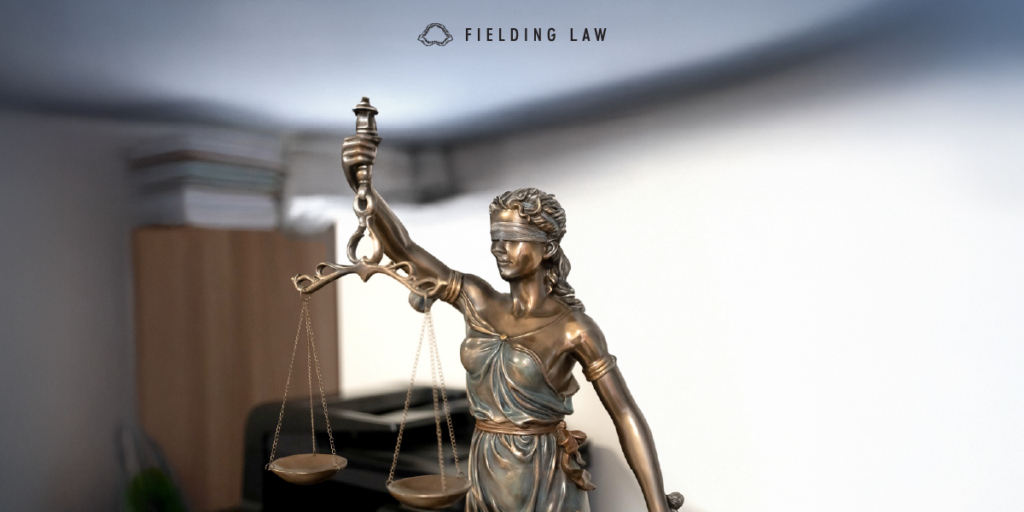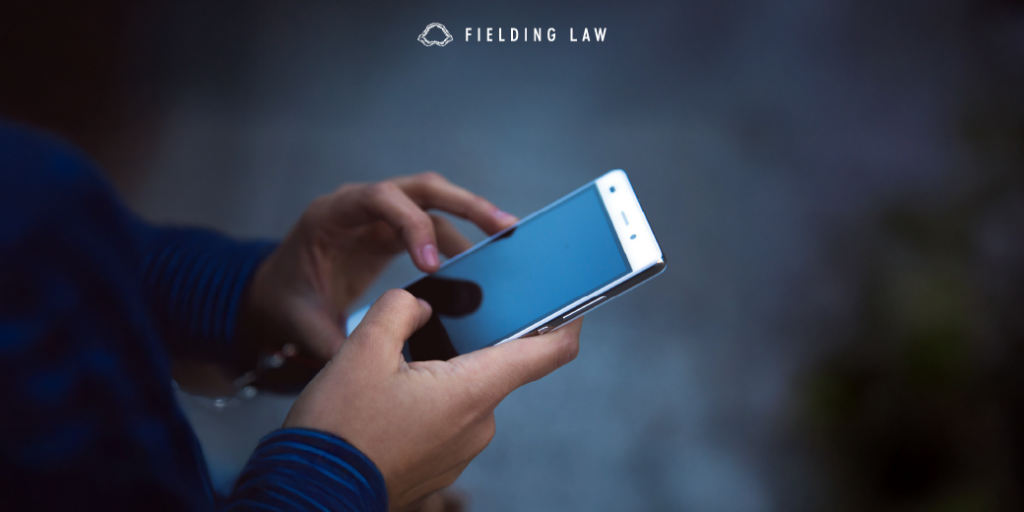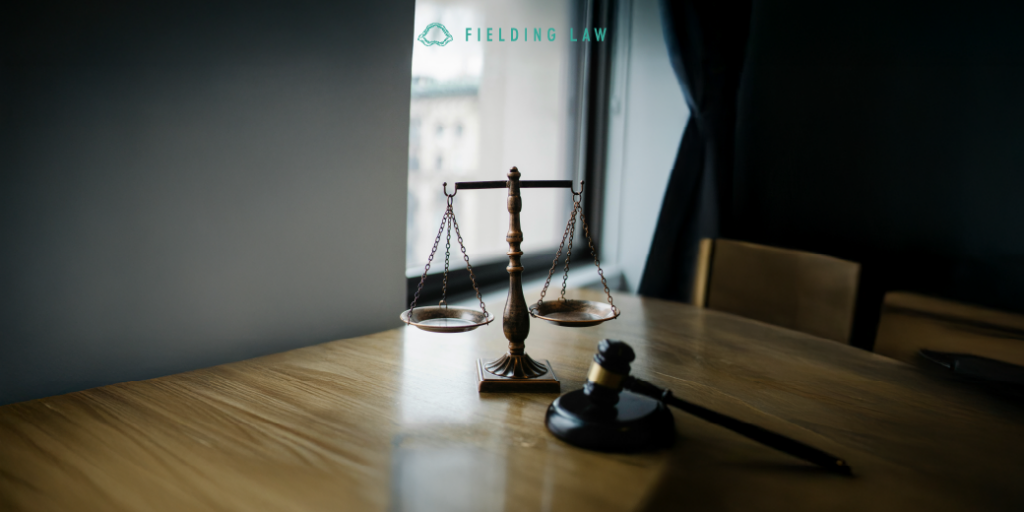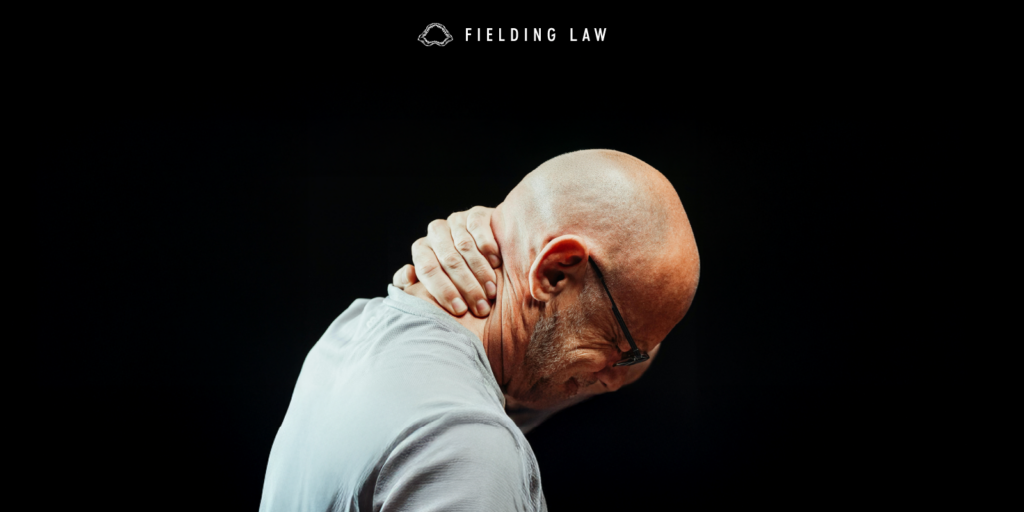
Brain injuries are serious and often misunderstood casualties of accidents, such as car crashes, slip-and-fall incidents, or workplace injuries. Misconceptions about brain injuries can lead to delayed treatment, underestimated symptoms, and missed opportunities for proper care. This series of false judgments can complicate personal injury claims, making it difficult for victims to receive the compensation they deserve.
MYTH: Mild Concussions Are Not Mild
The term “mild concussion” can be misleading, causing some to believe that the injury will not lead to serious consequences. However, the truth is that such injuries can have lasting effects, often more severe than they initially appear.
Insurance companies often downplay these injuries, aiming to reduce payouts and leaving injured individuals without proper compensation. The aftermath of even a mild concussion can cause memory loss, difficulty concentrating, and emotional changes that can affect a person’s life for months or even years.
It is essential to seek immediate medical care after a head injury and keep detailed records for health reasons and legal protection. Having thorough documentation can help play a big role if you need to pursue compensation or seek legal action.
MYTH: Symptoms Do Not Always Appear Right Away
Sometimes, the symptoms of a brain injury can be subtle, especially in the hours following an accident. It is not uncommon for someone to feel relatively normal but begin experiencing difficulties later. Problems such as headaches, dizziness, or mood changes may go unnoticed, yet they are often signs of a more serious injury. Without recognizing these signs early, it may be harder to connect the injury to the accident. That is why it is important to receive medical care right away.
MYTH: You Can Recover Without Treatment
Many believe that brain injuries will heal on their own with time. However, this is a dangerous misconception. The brain is an intricate organ, and even a seemingly mild injury can have lasting effects if left untreated. Brain injuries often require more than just rest; they demand specialized treatment to address the physical, emotional, and cognitive challenges that may arise.
As you consider a personal injury claim, it is important to factor in the costs of these necessary treatments. The road to recovery may involve lifelong support. The team at Fielding Law understands how it is key to receive compensation for both your current and future medical needs. Consider working with professionals so you can focus on recovering with care and support.
FACT: Fielding Law is There for You
Understanding the truth behind the misconceptions about brain injuries is important for protecting your health and legal rights. Myths can lead to significant delays in treatment and challenge your ability to pursue a fair personal injury claim. You do not have to face these complicated medical and legal obstacles alone.
At Fielding Law, we provide knowledgeable support every step of the way. Our team is dedicated to helping you navigate the path to recovery and justice. With our free consultation, we are committed to giving you the compensation you deserve. Call us at 833.88.SHARK if you or your loved one has experienced a brain injury.
Note: Information provided is for educational purposes and does not constitute legal advice. Always consult with a qualified attorney for legal concerns.










